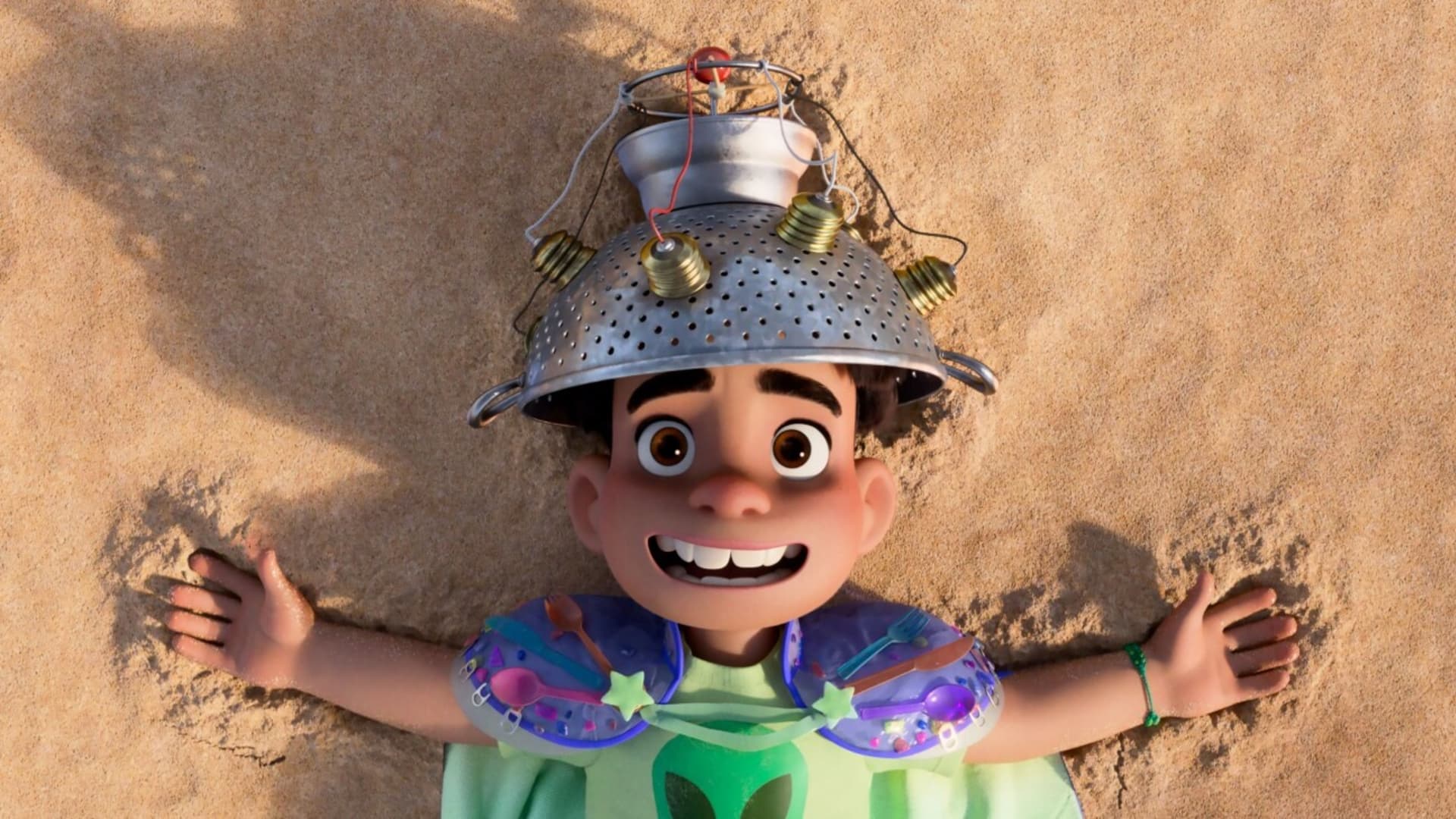Pixar’s *Elio* is more than just a box office underperformer—it’s a symptom of a shifting landscape in Hollywood, where originality is increasingly sidelined in favor of sequels and pre-branded hits. The film, a heartfelt space adventure about an outcast boy named Earth’s ambassador to the galaxy, opened to a historic low for Pixar, earning just $21 million domestically in its opening weekend. This performance, overshadowed by the success of a hard-R horror sequel, *28 Years Later*, which opened at $30 million, raises critical questions about the future of original storytelling in animation and the broader film industry.
The Decline of Originality in Hollywood
Pixar’s legacy is built on groundbreaking, emotionally resonant original films like *Toy Story*, *Inside Out*, and *Coco*. However, *Elio*’s underwhelming box office performance suggests that original family animation is no longer the sure bet it once was. The film’s mixed reviews—praised for its visuals but criticized for being formulaic—reflect broader industry trends. Critics argue that *Elio* lacks the originality of Pixar’s past successes, instead feeling like a “mood board” of the studio’s best hits.
This decline in originality is not unique to Pixar. Hollywood has increasingly relied on sequels, spin-offs, and pre-existing intellectual property (IP) to guarantee box office success. The risk-averse nature of the industry has led to a decline in fresh, original concepts, as studios prioritize safe bets over creative risks. *Elio*’s lack of built-in nostalgia made it a tough sell in 2024, where audiences are more inclined to gravitate toward familiar franchises.
The Impact of Streaming and Changing Consumer Behavior
The rise of streaming has fundamentally altered the way audiences consume films. Post-pandemic, many families prefer to wait for streaming releases rather than pay for a theatrical experience. This shift has made it increasingly difficult for original films to justify a theatrical run, as audiences are more likely to discover them later on streaming platforms.
Pixar’s recent films, such as *Soul*, *Luca*, and *Turning Red*, have all been released on Disney+ shortly after their theatrical debuts, training audiences to expect this model. As a result, the theatrical box office is no longer the sole measure of a film’s success. However, this shift also complicates the studio’s ability to greenlight expensive, original projects, as the financial returns are less predictable.
Pixar at a Creative Crossroads
For Pixar, *Elio*’s performance is a wake-up call. The studio has faced high-profile leadership departures, staff layoffs, and a string of underperforming films in recent years. Each box office disappointment chips away at Pixar’s reputation for creative excellence, making internal debates about financial prudence versus artistic freedom more urgent.
The studio now faces a difficult choice: continue taking creative risks with original stories or pivot to sequels and pre-branded hits to ensure financial stability. While sequels may guarantee box office success, they risk diluting Pixar’s brand identity and alienating audiences who value the studio’s inventiveness. The challenge for Pixar is to find a balance between financial viability and creative integrity.
The Future of Animation and Original Storytelling
*Elio*’s struggles highlight a broader issue in Hollywood: the decline of original storytelling in favor of sequels and pre-existing IP. This trend is not sustainable, as it limits the creative potential of filmmakers and stifles innovation. The success of original films like *Everything Everywhere All at Once* and *The Super Mario Bros. Movie* proves that audiences still crave fresh, original stories.
For Pixar, the path forward is unclear. The studio must navigate the delicate balance between financial responsibility and creative ambition. While *Elio* may not have been a box office success, its themes of alienation, identity, and grief resonate with audiences, particularly younger viewers who feel left out or different. The film’s visual inventiveness and emotional depth are hallmarks of Pixar’s best work, and they should not be dismissed simply because of its box office performance.
Conclusion: The Importance of Taking Creative Risks
*Elio*’s box office disappointment is a reflection of broader industry trends, but it does not signal the end of original storytelling in animation. The film’s struggles highlight the challenges faced by creators in a risk-averse Hollywood, where sequels and pre-branded hits dominate. However, the success of original films like *Everything Everywhere All at Once* proves that audiences still crave fresh, innovative stories.
For Pixar, the path forward is to continue taking creative risks, even in the face of financial uncertainty. The studio’s legacy is built on groundbreaking, emotionally resonant films, and it must not abandon this ethos in pursuit of short-term gains. While *Elio* may not have been a box office success, its themes and visual inventiveness are a testament to Pixar’s enduring creative spirit. The future of animation depends on studios like Pixar continuing to push boundaries and take risks, even in an industry that increasingly prioritizes safety over innovation.











